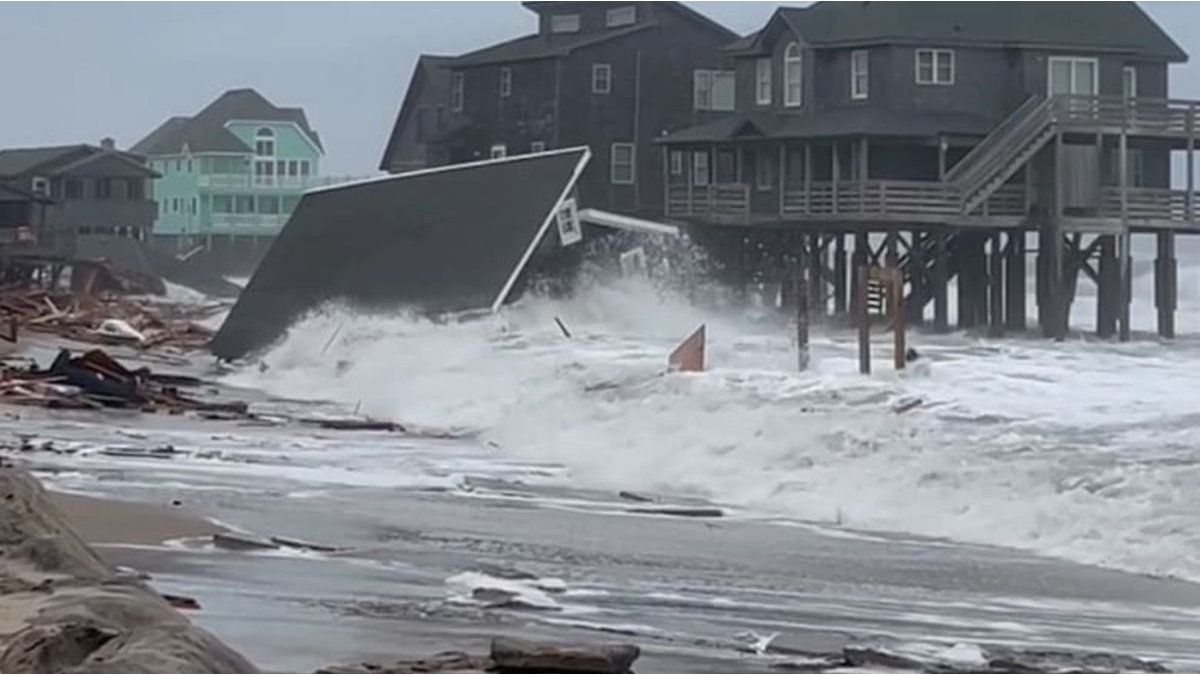Species extinction and climate change are progressing, an EU nature conservation law is intended to slow down both. Opponents of the project have voiced their criticism. An icon of the climate movement is now also involved in the dispute.
In the dispute over a hotly debated EU nature conservation law, supporters and opponents exchanged verbal blows during a debate on the subject in the EU Parliament in Strasbourg.
The supporters of the project received backing from the Swedish climate activist Greta Thunberg: “Our message to politicians is to choose nature and people instead of profit and greed,” she said in front of the European Parliament.
Thunberg and other activists were supported by several MPs, for example from the Greens, Social Democrats and Left. Five years ago, Thunberg got the globally active movement Fridays for Future rolling with her “school strike for the climate”.
On the other side, farmers with tractors responded to a call from the European farmers’ association Copa-Cogeca and demonstrated in front of Parliament against the nature conservation law. They criticize, for example, that the project would eliminate arable land. In Parliament, this position is supported by Christian Democrats, Conservatives and parts of the Liberals, among others. For example, representatives of the Christian Democratic EPP Group criticized the fact that it was not exactly clear how new regulations for farmers could affect food prices.
Controversy also among MPs
But not only farmers and activists, also the deputies continued to argue about the planned law, including numerous German politicians. The group leader of the Christian Democrats in the European Parliament, Manfred Weber (CSU), demonstratively supported the demonstration of the farmers’ association. The Greens parliamentary group leader Terry Reintke took the microphone on Thunberg’s side. With a view to the EU climate targets, Reintke emphasized that politicians would have to vote for the project on Wednesday in order to keep their promises.
Intact moors, for example, are good reservoirs for greenhouse gases that are harmful to the climate and thus help to combat climate change. Intact ecosystems also help to mitigate the ongoing extinction of species. Pollinators, for example, are also important for agriculture because they help with the propagation of plants.
Is there an agreement?
The vote on the project is scheduled for Wednesday afternoon. How this ends is completely open. Even in confidential talks, both sides express themselves only cautiously. Should the law fail, a building block of EU environmental policy would initially be put on hold.
If no agreement is reached, the project fails in the so-called 1st reading. However, according to Parliament, it could be brought back to Parliament in a second reading. Only if it fails then, too, is the project dead. The EU Commission had originally proposed the law; it is going through the usual legislative process.
In the EU, however, the member states are also closely involved in legislation. They agreed in June that they want the law per se, but are pushing for changes to the original Commission proposal. But even if the Commission and the EU states want the law to pass, parliamentary approval is required.
Source: Stern
I have been working in the news industry for over 6 years, first as a reporter and now as an editor. I have covered politics extensively, and my work has appeared in major newspapers and online news outlets around the world. In addition to my writing, I also contribute regularly to 24 Hours World.




